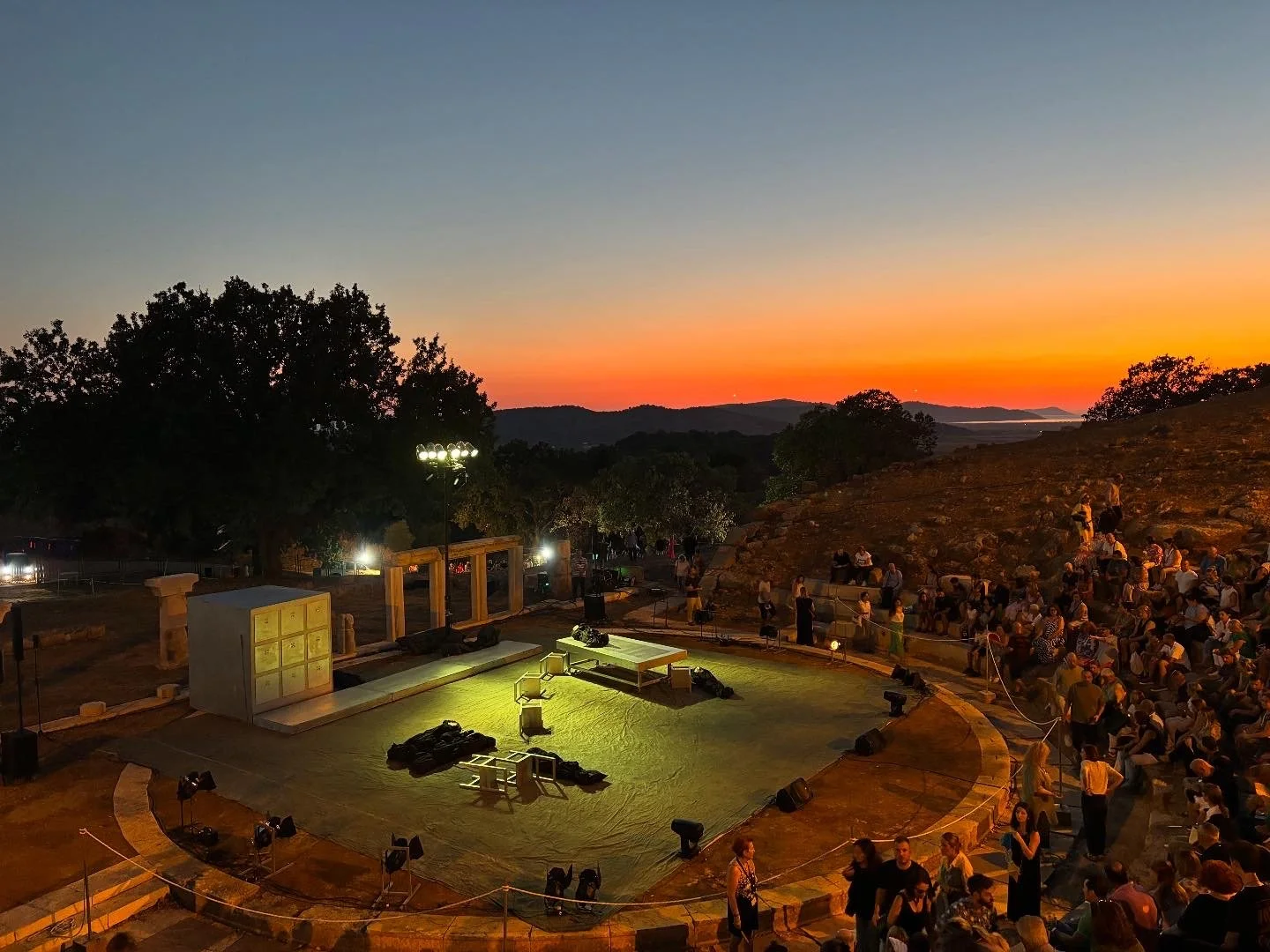🍂 When Autumn Arrives in August! 🍂
Just snapped this photo around August 20th, right after returning from summer holidays. Before you call me a 'Greek Summer Nostalgic,' let's dive into what nature and science actually tell us.
In the Netherlands, trees are already shedding leaves and fruit—weeks before the official season change. But don’t mistake this for autumn arriving early; it’s actually a response to drought stress caused by unusual dryness. 🌍
Dutch climate scientists warn that such dryness typically occurs once every twenty years. Yet, recent years tell a different story—extreme weather events are becoming more common. We’ve seen intense droughts in 2018 and 2022.
Tree experts remain cautiously optimistic—believing that leaf shedding is a natural coping mechanism, and with rain (if the rain comes back, of course!), these trees might recover. However, we have a very clear sign of how climate change affects and distorts the seasons.
For further info
👉 https://lnkd.in/dCUYiUzM
👉 https://lnkd.in/di6enAtN
👉 https://lnkd.in/dt3YnMgY
🌍 🏛️ Ancient Lessons, Modern Challenges: Climate Change & Cultural Heritage
Every summer when I return to Greece, I’m reminded that climate change is not an abstract concept—it’s visible in the heatwaves, the wildfires, and even in our cultural heritage. This year, I visited the archaeological site of Oiniades, which had also suffered from(fortunately small!) fire damage. Sites like these are living reminders that climate change doesn’t only threaten ecosystems and economies—it threatens history, identity, and collective memory.
The academic community has long recognized this. A comprehensive review by Sesana et al. (2021) highlights how both outdoor and indoor archaeological sites are increasingly vulnerable. Read the study here: https://wires.onlinelibrary.wiley.com/doi/10.1002/wcc.710
This visit also coincided with a performance of Sophocles’ Antigone. What struck me is how a 2,400-year-old tragedy can illuminate today’s climate debate:
“Numberless are the world's wonders, but none more wonderful than man.” Humanity is both the cause of, and the solution to, climate change.
“There is no greater evil than men's failure to consult and consider.” The scientific consensus is overwhelming—we cannot afford inaction.
“I was born to join in love, not hate—that is my nature.” Progress requires collaboration, not polarization.
The intersection of cultural heritage and climate action raises an important point: sustainability is not just about economics or emissions. It’s about what we choose to preserve for future generations—our landscapes, our knowledge, and our history.
The way forward lies in designing a growth paradigm that safeguards both the planet and its cultural treasures. This means embracing renewable energy, rethinking consumption, and aligning development with preservation.
PS The wind turbines now overlooking the Ionian Sea (unfortunately not captured by my photo lenses) remind me of this shift.


